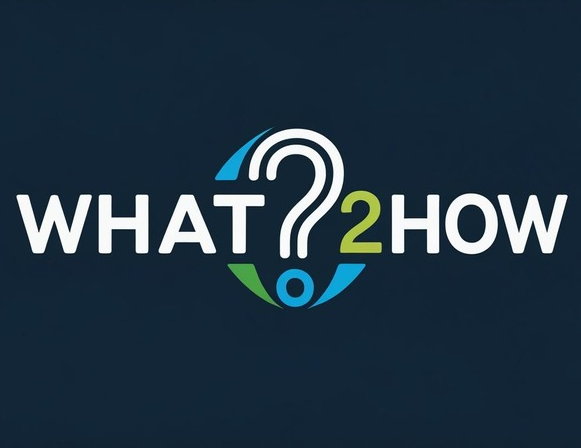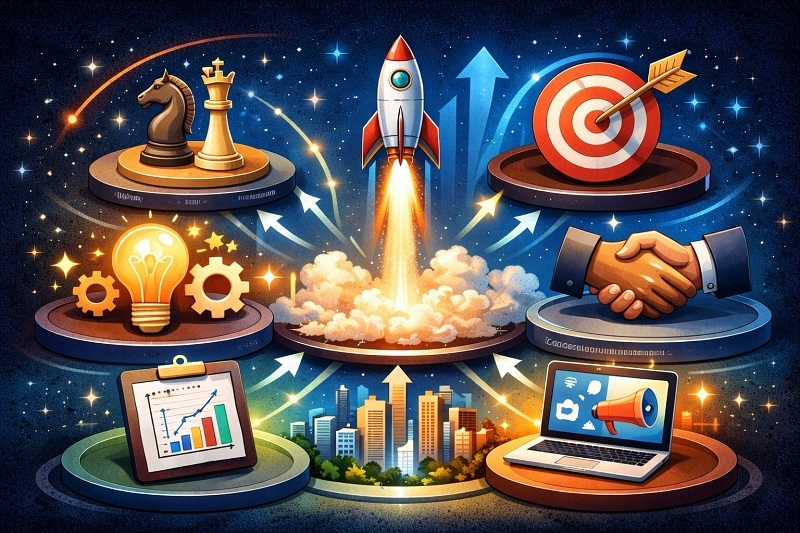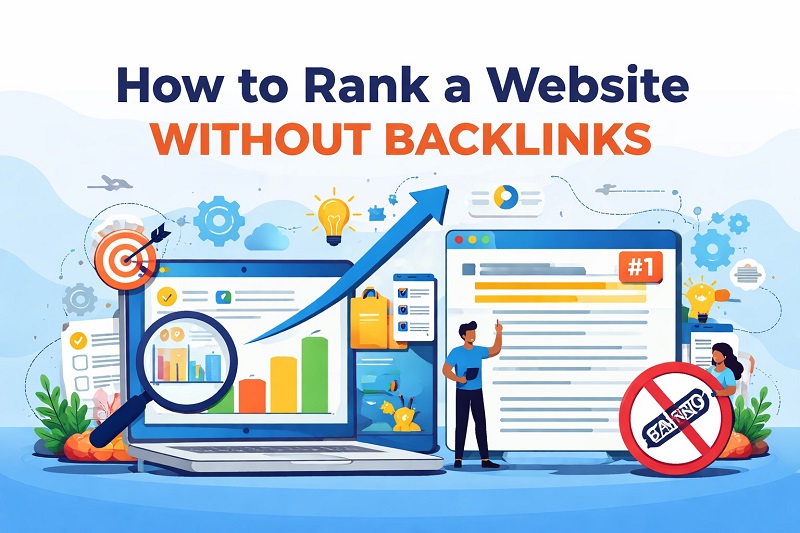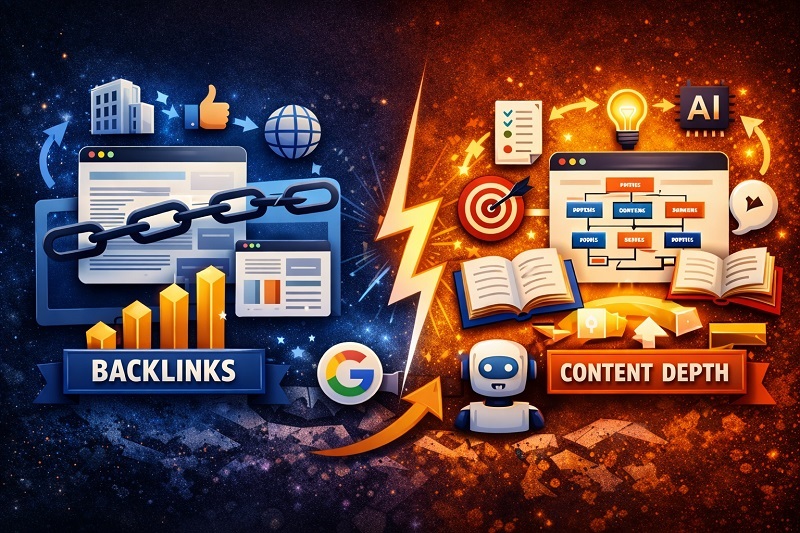As Artificial Intelligence is more integrated into our digital life, many users are asking: What is the difference between a chatgpt and traditional search engines like Google? Although both serve as a tool to find information, the ways they rebuild, interpret and current data vary fundamentally.
In this article, we will break the main difference between chatgpt and traditional search engines, tell how each works, and helps you decide which tools to use on your needs.
🔍 What is Chatgpt?
Chatgpt is a interactive AI developed by Openai that uses a large language model to generate human reactions. Instead of discovering the Internet in real time, Chatgpt generates answers based on a huge dataset, on which it was trained, including books, websites and other public materials until a certain cutoff date.
Unlike search engines that pull data from indexed web pages, ChatGPT generates responses based on patterns it learned from large-scale training data. To better understand this process, you can read our in-depth guide What is ChatGPT and How Does It Work?
🌐 What Are Traditional Search Engines?
A traditional search engine, such as Google, Bing, or Yahoo, is a web-based tool that reinforces the current material from the Internet using a crawler and sequencing algorithm. When you type a query, the search engine gives links to webpages, rank by relevance, authority and freshness.
Major differences between Chatgpt and Traditional Search Engines
1. Real time data versus trained knowledge
- The search engines crawl to the Internet in real time and return the most up -to -date information.
- Unlike search engines that pull data from indexed websites, ChatGPT provides answers based on previous training data. It does not bring live material until it is connected to a tool like browsing plugin or perplexity AI.
To understand how this generation process works, explore our technical overview of ChatGPT’s response mechanism: How Does ChatGPT Generate Responses?
Example: “Who won in 2025 NBA finals?”
- Google shows news articles and live updates.
- Chatgpt (without browsing) can say: “I don’t have the latest data.”
2. Link vs direct answer
- Search engines give you links to many sources so that you can look forward.
- Chatgpt gives you a summary response or clarification without you need to click away.
This makes the ideal chat for quick observation, step-by-step instructions or learning concepts in plain language.
3. User experience and conversation
The search engines are query-based and rely on keywords. You search, browse, click and repeat.
The Chatgpt is a conversation-based-you can ask follow-up questions, clarify the points, and obtain more individual reactions.
This is why tools such as clouds, perplexity, and chatgip are rapidly popular for research aids, material identification and learning support.
4. Use Case Flexibility
| Use Case | Best Tool |
| Finding latest news | Search Engines |
| Writing or rewriting content | ChatGPT / Claude |
| Learning new concepts | ChatGPT / Perplexity |
| Shopping or comparison research | Search Engines |
| Summarizing long documents | ChatGPT / Claude |
Which One Should You Use?
Both devices have their own strength:
- Use Google or Bing when you need current, fact-centered, link-based information.
- When you want natural language explanation, intelligence help, or creative writing support, use Chatgpt or similar AI tools.
- Better yet, mix both for maximum results: Start with chatgpt for a clear observation, then use Google for recent updates or quoted sources.
Conclusion:
Changing AI tools like chats are changing how we find, learn, and make. While traditional search engines are essential for real -time web access, convergent AI devices provide more individual, spontaneous and interactive experience. As these technologies develop, the line between them can be blurred – but to find out when each tool to use can save time and improve accuracy in your online journey.






